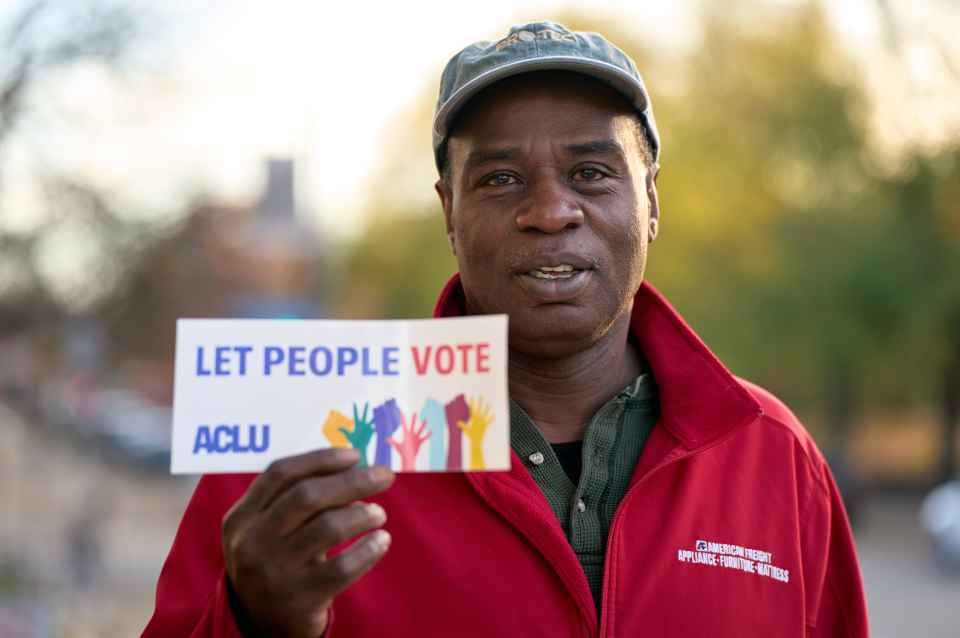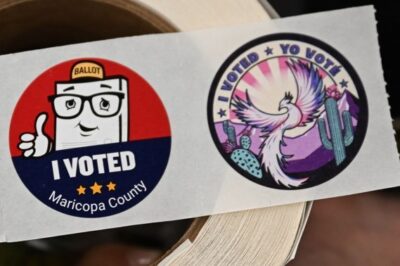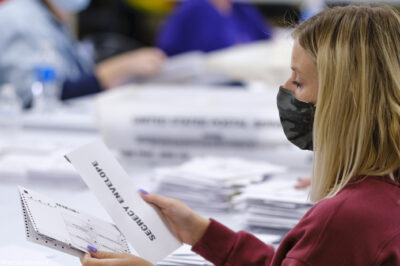Ő“◊” ”∆Ķand Public Interest Law Center Comment on U.S. Supreme Court Ruling in Pennsylvania Voting Challenge
WASHINGTON ‚ÄĒ The U.S. Supreme Court has declined to stay a Pennsylvania Supreme Court ruling that allows voters whose mail ballots have been rejected because of a paperwork mistake to vote a provisional ballot on Election Day and have that provisional ballot counted.
The ruling requires Pennsylvania counties to allow voters with disqualifying errors on their mail ballot return packets to vote a provisional ballot at the polls and have those ballots counted, based on Pennsylvania law, which says that counties ‚Äúshall count‚ÄĚ voters‚Äô provisional ballots in those circumstances. In doing so, the court properly declined to change state election law as set forth by the state courts.
The Republican National Committee and Republican Party of Pennsylvania unsuccessfully sought the emergency stay in the case brought by the Public Interest Law Center, Ő“◊” ”∆Ķ, Ő“◊” ”∆Ķof Pennsylvania, and Dechert LLP on behalf of Pennsylvania voters.
The following is reaction to today’s Supreme Court ruling:
Ari Savitzky, senior staff attorney at the ACLU‚Äôs Voting Rights Project, said, ‚ÄúThis is a win for democracy and the rule of law. The court rightly rejected this eleventh-hour attempt to discount the votes of Pennsylvanians and interfere in the state‚Äôs electoral process. The bottom line is that voters deserve to have their voices heard.‚ÄĚ
Witold Walczak, legal director of the Ő“◊” ”∆Ķof Pennsylvania, said, ‚ÄúA petty error that is irrelevant to a person‚Äôs eligibility to vote should never interfere with the counting of ballots, and provisional ballots are a decades-old failsafe, a back up, for voters. We‚Äôre grateful that the RNC‚Äôs argument has failed and that voters can count on provisional ballots as a way to make sure that their vote counts.‚ÄĚ
Ben Geffen, senior attorney with the Public Interest Law Center, said, ‚ÄúThe U.S. Supreme Court‚Äôs denial of the stay supports the Pennsylvania Supreme Court‚Äôs decision that all qualified voters deserve a chance to vote, even if they have made a technical error on their mail ballot. This is a step toward a more inclusive election process that respects the rights of all Pennsylvanians.‚ÄĚ
The ruling is online here.
Case background is here.





